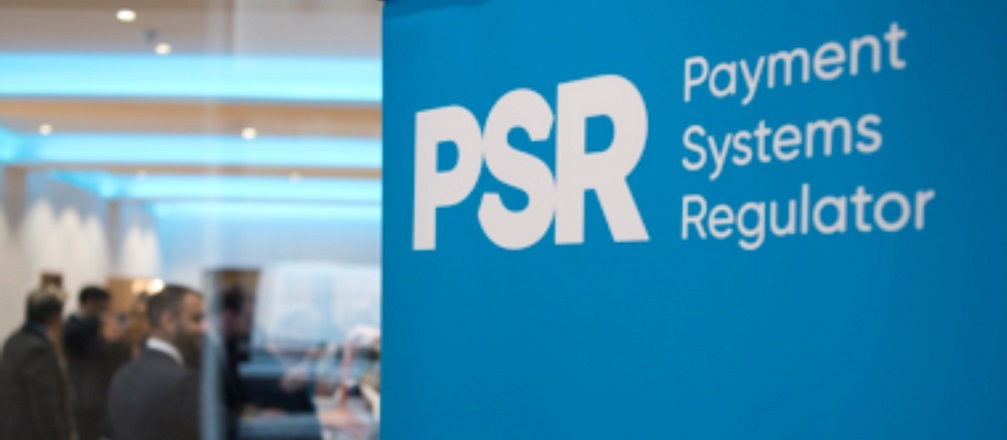
Victims of authorised push payment fraud (APP) will be reimbursed by their bank within 5 days as part of new rules to be introduced before the end of 2024.
The Payment Systems Regulator (PSR) confirms new requirements for banks and payment companies that will ensure more people than ever before will get their money back if they are a victim of Authorised Push Payment (APP) fraud; prompting more action to prevent these frauds from happening in the first place. This significant new level of protection is a world first in the battle against APP fraud.
APP fraud has quickly become one of the most significant types of fraud, both in the UK and globally. It continues to have a devastating impact on many people’s lives, with losses totalling nearly £500 million in the last year1.
The PSR wants people to be protected when making payments. Following consultation, it has today set out how mandatory reimbursement will work in practice, clarifying what this means for customers and firms. The new requirements will prompt a step change in the culture of payments to improve fraud prevention and focus all firms on protecting people.
There will be new rules in Faster Payments – the payment system across which the vast majority of APP fraud currently takes place – strengthening Pay.UK’s2 ability to tackle fraud.
All payment firms will be incentivised to take action, with both sending and receiving firms splitting the costs of reimbursement 50:50.
Customers will be more protected under consistent minimum standards, with most APP fraud victims being reimbursed within five business days and additional protections offered for vulnerable customers.
Industry will have clearer guidance to follow, including around the ability to apply a claim excess and maximum level of reimbursement, which the PSR will consult on later this year.
The Financial Services and Markets Bill, which is currently making its way through Parliament, will remove current barriers and allow the PSR to direct firms to reimburse customers. The Bill is expected to receive Royal Assent in 2023, after which the PSR will be able to enforce its requirements on payment firms.
Chris Hemsley, Managing Director at the PSR, said:
“Once implemented, our changes will deliver a major shift from the status quo, giving everyone across the payments ecosystem a reason to act to prevent fraud from happening in the first place. That means everybody who makes payments can do so with much greater confidence, knowing that they will be better protected against fraudsters.
“In delivering this step-change, the UK will be at the forefront of the fight against APP fraud globally.
“And by confirming these changes now, it means we will be ready to act once new laws come into effect. We will continue to work with Pay.UK, industry, consumers and organisations beyond the payments sphere to drive effective intervention and start to turn the tide against APP fraud.”
Economic Secretary, Andrew Griffith, said:
“This is an important step in the Government’s fight against fraud.
“As payment scams become ever more sophisticated, it is right that the Government, the regulator and industry work together to ensure victims are not left out-of-pocket by fraudsters.
“In parallel, the Government is looking at how to enable banks to have the ability to identify and pause suspicious payments inflight where appropriate.”
What happens next?
In July the PSR will consult on the draft legal instruments to put reimbursement requirements in place
In August the PSR will consult on the maximum level of reimbursement and claim excess and additional guidance on the customer standard of caution (gross negligence)
In October the PSR will give the final legal instruments to Pay.UK and a further consultation on the legal instrument to be given to PSPs
By the end of 2023 the PSR will publish the claim excess and maximum level of reimbursement, additional guidance on the customer standard of caution (gross negligence) and publication of all legal instruments
In 2024 the new reimbursement requirement will come into force
Alongside reimbursement, the regulator is increasing transparency through the publication of data on how well firms are protecting customers from fraud, promoting intelligence-sharing to spot and prevent fraudulent transactions, and expanding the roll-out of the name-checking service Confirmation of Payee.
_____________
Banking 4.0 – „how was the experience for you”
„To be honest I think that Sinaia, your conference, is much better then Davos.”
Many more interesting quotes in the video below: